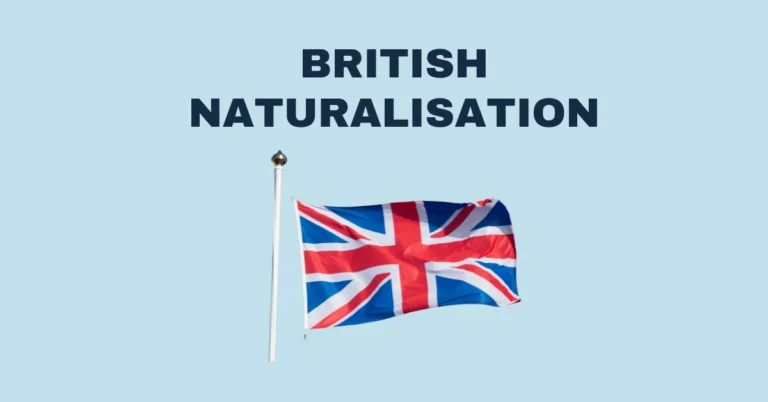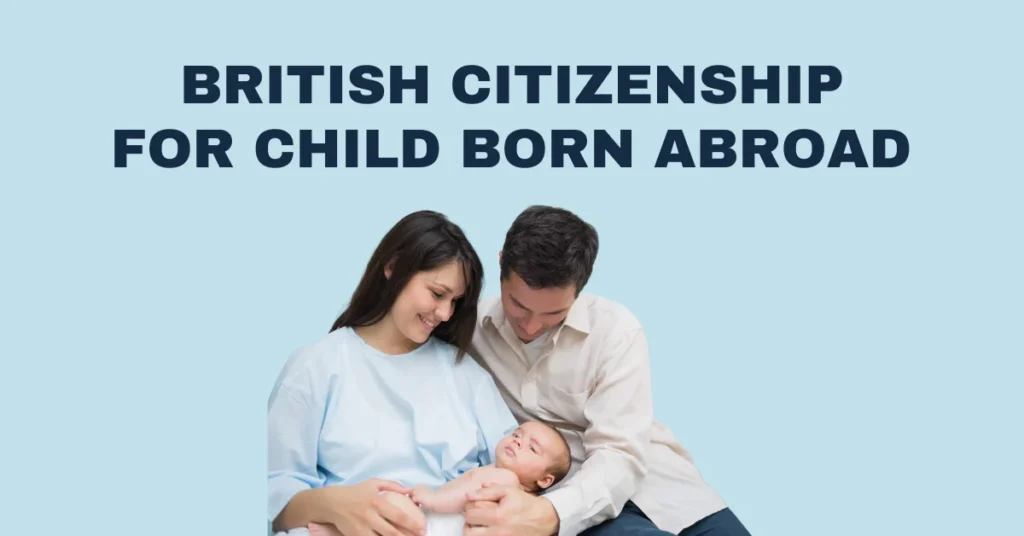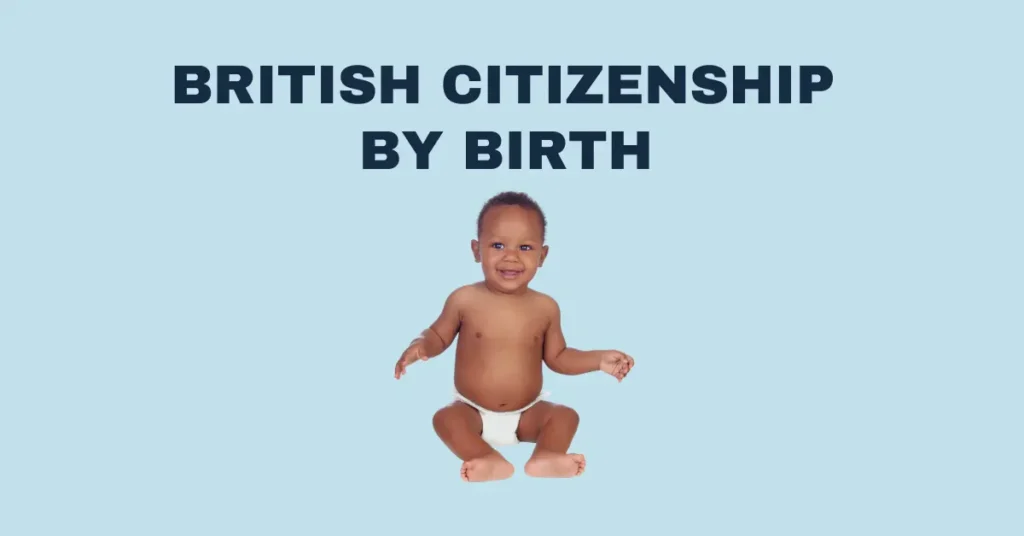What is British Naturalisation?
British Naturalisation stands as the formal pathway towards British citizenship for individuals not born in the UK. Upon achieving naturalised British citizenship, you gain access to a UK passport and enjoy the same entitlements and privileges as native-born citizens. This includes the freedom to reside, work, access public funds, and exemption from immigration controls within the UK. The absence of immigration control allows unrestricted travel into and out of the UK for your lifetime, negating the necessity for a visa.
Requirements for British Naturalisation
The guidelines for naturalisation outline various routes to obtain British citizenship:
- Age Requirement: You must be 18 years or older.
- Indefinite Leave to Remain (ILR): Hold Indefinite Leave to Remain status for a minimum of 1 year.
- EU Settlement Scheme (EUSS): Possess EU Settled Status through the EU Settlement Scheme for at least 1 year.
- Marriage or Civil Partnership: Be married to or in a civil partnership with a British citizen and have resided in the UK for a minimum of 3 years.
To ascertain your eligibility for British citizenship through naturalisation, our experienced immigration solicitors are available to assist. Contact us at +44 (0) 1293 522 275 for personalised guidance on your journey towards British citizenship.
The criteria for British naturalisation varies depending on the specific UK naturalisation application you pursue. The Home Office’s guidelines on naturalisation outline the requisites in detail:
Eligibility Criteria for Naturalisation with Indefinite Leave to Remain (ILR) or EU Settled Status:
Residency: Reside in the UK for a minimum of 5 years and possess one of the following for at least one year:
- Indefinite Leave to Remain (ILR)
- Settled Status under the EU Settlement Scheme
- Indefinite Leave to Enter the UK
Exceptions for Marriage or Civil Partnership: If applying based on marriage, civil partnership, or relationship to a British national, the additional one-year residence requirement is not necessary.
Additional Conditions:
- Age: Above 18 years old.
- Residence Proof: Show physical presence in England, Wales, Scotland, Northern Ireland, the Isle of Man, or the Channel Islands for five years before the Home Office receives your UK naturalisation application.
- Absence Limitations: Not outside the UK for more than 450 days in the preceding 5-year period or more than 90 days in the last 12 months before applying.
- Language Proficiency: Demonstrate knowledge of English, Welsh, or Scottish Gaelic.
- Mental Capacity: Possess a sound mind, understanding the implications of the naturalisation process.
- Life in the UK Test: Successfully pass the exam assessing knowledge of British history and culture.
- Intent: Express the intention to continue residing in the UK post-citizenship.
- Good Character: Adhere to UK laws, fulfil duties, pay taxes owed to HMRC, and maintain a clean criminal record in line with specified parameters.
Specific Conditions for Citizenship via Marriage or Civil Partnership with a British Citizen:
- Residency Duration: Live in the UK for at least 3 years before application submission.
- Absence Limitation: Not outside the UK for more than 270 days in the preceding 3-year period or over 90 days in the last 12 months before applying.
‘Good Character’ Requirement: Demonstrating respect for UK laws, honesty in dealings with the Home Office, tax compliance, and meeting criminality criteria.
‘Sound Mind’ Requirement: Understanding the implications of the application; exceptions may apply based on circumstances and mental health conditions.
Life in the UK Test: An essential exam to showcase comprehensive knowledge of British history and culture.
English Language Proficiency: Meet language requirements through tests or possessing a degree taught or researched in English.
For detailed guidance on meeting British naturalisation prerequisites, reach out to our knowledgeable immigration solicitors at 020 3744 2797. Your path to British citizenship starts with tailored advice and support.
Required documents for British Naturalisation
Supporting documents required for naturalisation applications are crucial and can vary based on individual circumstances. To present a comprehensive application, consider providing some or all of the following detailed documents:
- Proof of identity: This may include a valid passport or national identity card with clear, unexpired details and photographs.
- Home Office confirmation of permanent residency: A letter or document confirming your status of indefinite leave to remain (ILR) or settled status in the UK, demonstrating your permission to live in the country permanently.
- Evidence of passing the Life in the UK Test: This could involve the official certificate issued upon successful completion of the test, affirming your understanding of British customs, history, and society.
- Language proficiency evidence:
- Home Office-approved English qualification: Such certification showcases your language skills, meeting the B1 CEFR level or higher, proving your capability to communicate effectively in English.
- UK degree certificate: If you possess a degree from a UK institution, it serves as evidence of your English language proficiency.
- Certificate from a predominantly English-speaking country: Providing a certificate from a university in a majority English-speaking nation requires additional documentation, such as an Academic Qualification Level Statement (AQUALS) from Ecctis, affirming its equivalence to a UK qualification.
- Certificate from a non-majority English-speaking country: If your degree is from a country where English isn’t the primary language, alongside an AQUALS, you’ll need an English Language Proficiency Statement (ELPS) attesting to your proficiency in English.
Once your online application is finalized, the Home Office will provide guidance on the specific documents you need to submit.
For those intending to seek naturalised British citizenship, it’s imperative to furnish all the necessary information and documents stipulated by the Home Office for British naturalisation. Failure to do so may lead to application rejection, and the British naturalisation fee won’t be refunded.
Applying for British Citizenship through Naturalisation
To initiate the naturalisation process, follow these steps:
- Online Application: Complete form AN1 available on the Home Office website for the naturalisation application.
- Referees: Provide details of two referees known personally for at least three years. The personal referee must be a British citizen or a person over 25 years, while the professional referee should hold a position of professional standing like a lawyer, police officer, or accountant.
- Fee Payment: Submit the British naturalisation fee of £1,330 online when applying.
- Biometric Appointment: Schedule an appointment at a UK Visa and Citizenship Application Services (UKVCAS) point to provide biometric information (fingerprints and a photo). You’ll receive guidance on appointment booking if necessary.
- Document Submission: Upload your documents either online or during your UKVCAS appointment.
Promptly respond to any queries from the Home Office to prevent application rejection, preferably within a week if feasible.
Upon approval, attend a citizenship ceremony near your residence where you’ll receive your Certificate of Naturalisation.
Once you possess the Certificate of Naturalisation, return your Biometric Residence Permit (BRP) to the Home Office. You’ll also become eligible to apply for a British passport.
British Naturalisation Fee
The application fee is £1,330, with an additional £19.20 for biometric information (fingerprints and a photo).
British naturalisation timeline
The processing timeline for British naturalisation typically spans up to 6 months, while straightforward cases might see a decision within 1 to 3 months.
Here’s a detailed breakdown of the key stages in the British naturalisation application process:
- Application Submission and Fee Payment: Complete and submit the application to the Home Office along with the required fees.
- Acknowledgement Receipt: Typically received approximately 5 working days post-application submission.
- Biometrics Enrolment: Schedule biometric information provision (fingerprint and photo) after application submission, based on appointment availability.
- Approval Letter: Anticipate receiving the approval letter within a range of 1 to 6 months post-application.
- Ceremony Letter: Expect to receive notification for the citizenship ceremony about a week after the approval.
- Ceremony Date: The ceremony usually takes place around a month after receiving approval
Application for British Passport after Naturalisation
After gaining British citizenship, apply for a British passport online by:
- Online Application: Complete the application form.
- Provide Photo: Ensure a digital photo meets Home Office requirements.
- Submit Documents: Submit requested documents.
- Fee Payment: Pay the application fee of £75.50 for adults or £49 for children.
- Identity Confirmation: If necessary, have someone confirm your identity.
Dual Nationality Consideration
While the UK allows dual nationality, some countries might not permit it. Ensure to check the policies of your other citizenship country before applying for dual nationality.
Refusal of Naturalisation Application
If your application faces rejection from the Home Office, remember that there are often alternative avenues available. Understanding the specific reasons for refusal, outlined in the decision letter, is crucial. Seeking advice from a specialist immigration solicitor well-versed in citizenship application refusals is highly recommended. They’ll assess your situation and suggest the most suitable course of action, which might include:
- Submitting a fresh application.
- Requesting an Administrative Review if there’s a Home Office error.
- Pursuing an appeal if it’s a viable option.
- Exploring a Judicial Review to challenge the legal grounds for refusal.
Act quickly because there’s a limited timeframe to file a review or appeal for your case. This comprehensive approach aims to provide a clear path forward despite initial rejection.















































